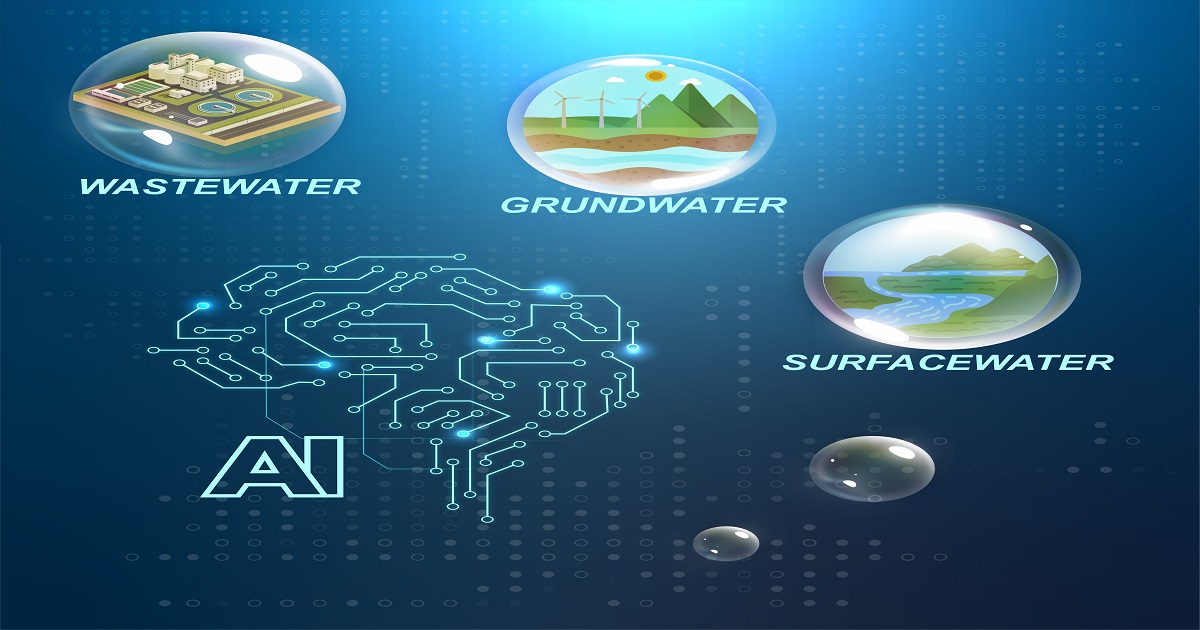Artificial Intelligence in Water Science: Opportunities, Prospects, and Concerns
A special issue of Water (ISSN 2073-4441). This special issue belongs to the section "Wastewater Treatment and Reuse".
Deadline for manuscript submissions: 15 January 2026 | Viewed by 4840

Special Issue Editor
Interests: wastewater treatment; microbial community; artificial intelligence; machine learning; quorum sensing; emerging contaminant
Special Issues, Collections and Topics in MDPI journals
Special Issue Information
Dear Colleagues,
The application of artificial intelligence (AI) in water science is rapidly advancing research and practice. Machine learning, deep learning, and predictive modeling have led to significant advancements in wastewater treatment, pollution monitoring, and water quality optimization. Notable achievements include enhanced flood prediction, real-time water quality monitoring, and improved efficiency in wastewater treatment and irrigation management. AI’s ability to process large datasets and improve decision-making supports more effective and sustainable water management practices. These innovations are crucial for addressing global water challenges and ensuring long-term water sustainability.
We invite authors to submit original research and review articles that explore the application of artificial intelligence (AI) in conventional water science fields such as wastewater, groundwater, and surface water. Additionally, we encourage submissions that investigate the application of AI in conjunction with materials science, biology, and other related disciplines, to unlock innovative solutions to complex water-related challenges.
Topics include, but are not limited to, the following:
- AI-driven construction of wastewater treatment processes;
- AI-driven efficiency enhancement of wastewater treatment processes;
- AI-driven smart water management;
- AI-driven exploration of pollutant fate and detection technology innovation;
- Predictive modeling for groundwater contamination and remediation;
- AI applications in real-time water quality monitoring and management.
Dr. Jinfeng Wang
Guest Editor
Manuscript Submission Information
Manuscripts should be submitted online at www.mdpi.com by registering and logging in to this website. Once you are registered, click here to go to the submission form. Manuscripts can be submitted until the deadline. All submissions that pass pre-check are peer-reviewed. Accepted papers will be published continuously in the journal (as soon as accepted) and will be listed together on the special issue website. Research articles, review articles as well as short communications are invited. For planned papers, a title and short abstract (about 100 words) can be sent to the Editorial Office for announcement on this website.
Submitted manuscripts should not have been published previously, nor be under consideration for publication elsewhere (except conference proceedings papers). All manuscripts are thoroughly refereed through a single-blind peer-review process. A guide for authors and other relevant information for submission of manuscripts is available on the Instructions for Authors page. Water is an international peer-reviewed open access semimonthly journal published by MDPI.
Please visit the Instructions for Authors page before submitting a manuscript. The Article Processing Charge (APC) for publication in this open access journal is 2600 CHF (Swiss Francs). Submitted papers should be well formatted and use good English. Authors may use MDPI's English editing service prior to publication or during author revisions.
Keywords
- artificial intelligence
- machine learning
- emerging contaminant
- wastewater treatment
- groundwater
- surface water
Benefits of Publishing in a Special Issue
- Ease of navigation: Grouping papers by topic helps scholars navigate broad scope journals more efficiently.
- Greater discoverability: Special Issues support the reach and impact of scientific research. Articles in Special Issues are more discoverable and cited more frequently.
- Expansion of research network: Special Issues facilitate connections among authors, fostering scientific collaborations.
- External promotion: Articles in Special Issues are often promoted through the journal's social media, increasing their visibility.
- Reprint: MDPI Books provides the opportunity to republish successful Special Issues in book format, both online and in print.
Further information on MDPI's Special Issue policies can be found here.





